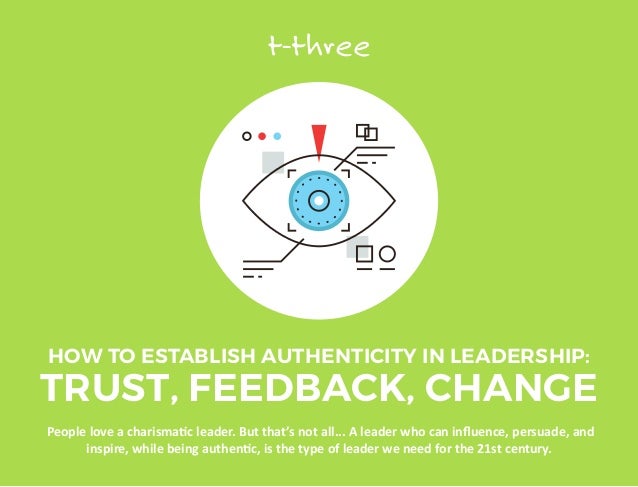Dustin Harris is a name that resonates with many in the fields of leadership, entrepreneurship, and personal development. As a successful entrepreneur and thought leader, Harris has built a reputation for his authentic approach to leadership, which has inspired countless individuals and organizations. This article delves into the key lessons derived from his leadership style, focusing on authenticity, emotional intelligence, and the importance of community. We will explore actionable insights, real-world examples, and the transformative power of authentic leadership.
The Foundation of Authentic Leadership
Authentic leadership is about being true to oneself and leading with integrity. According to Harris, this authenticity is rooted in self-awareness and a deep understanding of one’s values and beliefs. The concept of authentic leadership gained traction in the early 2000s, with researchers like Bill George emphasizing its importance in the corporate world.
Harris exemplifies authentic leadership through his commitment to transparency and honesty in all his dealings. Here are some key elements that define authentic leadership:
- Self-Awareness: Understanding one’s strengths, weaknesses, and values.
- Integrity: Upholding ethical standards and being honest with oneself and others.
- Empathy: The ability to connect with others’ feelings and perspectives.
- Resilience: The capacity to recover from setbacks and maintain a positive outlook.
- Vision: A clear sense of direction that inspires others to follow.
Emotional Intelligence: The Heart of Leadership
One of the standout qualities of Dustin Harris is his emotional intelligence (EI). Research shows that leaders with high emotional intelligence are more effective because they can connect with their teams on a deeper level. According to a study by TalentSmart, emotional intelligence accounts for 58% of a leader’s success in the workplace.
Harris’s leadership style is marked by his ability to read emotions, both in himself and in others. This skill allows him to navigate challenging situations with grace and foster a supportive environment. Here are some ways emotional intelligence manifests in leadership:
- Active Listening: Taking the time to genuinely listen to team members’ concerns and ideas.
- Conflict Resolution: Addressing disputes calmly and fairly, focusing on solutions rather than blame.
- Encouragement: Recognizing and celebrating the achievements of team members to boost morale.
- Adaptability: Adjusting one’s approach based on the emotional climate of the team.
Building Trust Through Transparency
Trust is the bedrock of effective leadership, and Dustin Harris places a strong emphasis on transparency. He believes that leaders must be open about their decisions, challenges, and even their vulnerabilities. This approach not only fosters trust but also encourages a culture of openness within organizations.
For instance, Harris shares his journey of entrepreneurship, including both successes and failures, to inspire others. By being transparent about his experiences, he builds credibility and trust with his audience. Key strategies for fostering trust through transparency include:
- Open Communication: Keeping lines of communication open and encouraging feedback from all levels.
- Sharing Decisions: Explaining the reasoning behind business decisions and involving team members in the process.
- Vulnerability: Acknowledging mistakes and showing that it’s okay to be imperfect.
Empowering Others: A Leadership Necessity

Another critical lesson from Dustin Harris’s leadership is the importance of empowering others. Authentic leaders recognize that their success is intertwined with the success of their team. By fostering an environment where team members feel valued and capable, leaders can drive innovation and engagement.
Harris implements various strategies to empower his team members:
- Delegation: Assigning responsibilities that match individual strengths and interests.
- Skill Development: Investing in training and development opportunities to enhance team capabilities.
- Encouraging Initiative: Allowing team members to take ownership of projects and make decisions.
- Recognizing Contributions: Acknowledging and celebrating the efforts and achievements of team members.
The Role of Community in Leadership
Dustin Harris strongly advocates for the idea that leadership extends beyond the workplace. He believes that leaders have a responsibility to their communities and should actively engage in social initiatives. This broader perspective on leadership has the potential to create a positive impact not just within organizations but also in society at large.
Harris exemplifies this through his involvement in various philanthropic activities, emphasizing the importance of giving back. Engaging with the community can enhance a leader’s credibility and foster a sense of belonging. Here are some ways leaders can contribute to their communities:
- Volunteering: Participating in local events and charitable organizations.
- Mentorship: Guiding young professionals and aspiring leaders.
- Advocacy: Supporting causes that promote social change and community well-being.
- Partnerships: Collaborating with local businesses and organizations to address community needs.
Case Studies: Success Stories in Authentic Leadership
To further illustrate the impact of authentic leadership, let’s explore a couple of case studies from organizations that have adopted similar principles as those practiced by Dustin Harris.
1. Starbucks: A Commitment to Values
Starbucks has long been recognized for its authentic leadership, driven by its founder, Howard Schultz. Schultz’s commitment to social responsibility and community engagement has positioned Starbucks as a leader in corporate social responsibility. The company’s efforts include:
- Creating job opportunities for underserved communities.
- Implementing sustainable sourcing practices.
- Investing in employee training and development.
This commitment to values has not only strengthened Starbucks’ brand but also fostered a loyal customer base.
2. Patagonia: Leading with Purpose
Patagonia, an outdoor apparel company, is another example of authentic leadership. The company’s founder, Yvon Chouinard, has built a brand that prioritizes environmental sustainability. Patagonia’s initiatives include:
- Donating 1% of sales to environmental causes.
- Encouraging customers to repair instead of replace their products.
- Advocating for environmental legislation.
By leading with purpose, Patagonia has created a strong community of loyal customers who are passionate about the brand’s mission.
Conclusion: The Path Forward

Dustin Harris’s approach to leadership and authenticity provides valuable lessons for current and aspiring leaders. By emphasizing self-awareness, emotional intelligence, transparency, empowerment, and community engagement, leaders can create positive, lasting impacts within their organizations and society. The case studies of Starbucks and Patagonia further illustrate how authentic leadership can drive success while aligning with core values.
In a world where leadership is often scrutinized, embracing authenticity and emotional intelligence can lead to more effective and respected leaders. As we move forward, let us take these lessons to heart and strive to lead with integrity, empathy, and a commitment to the greater good.




